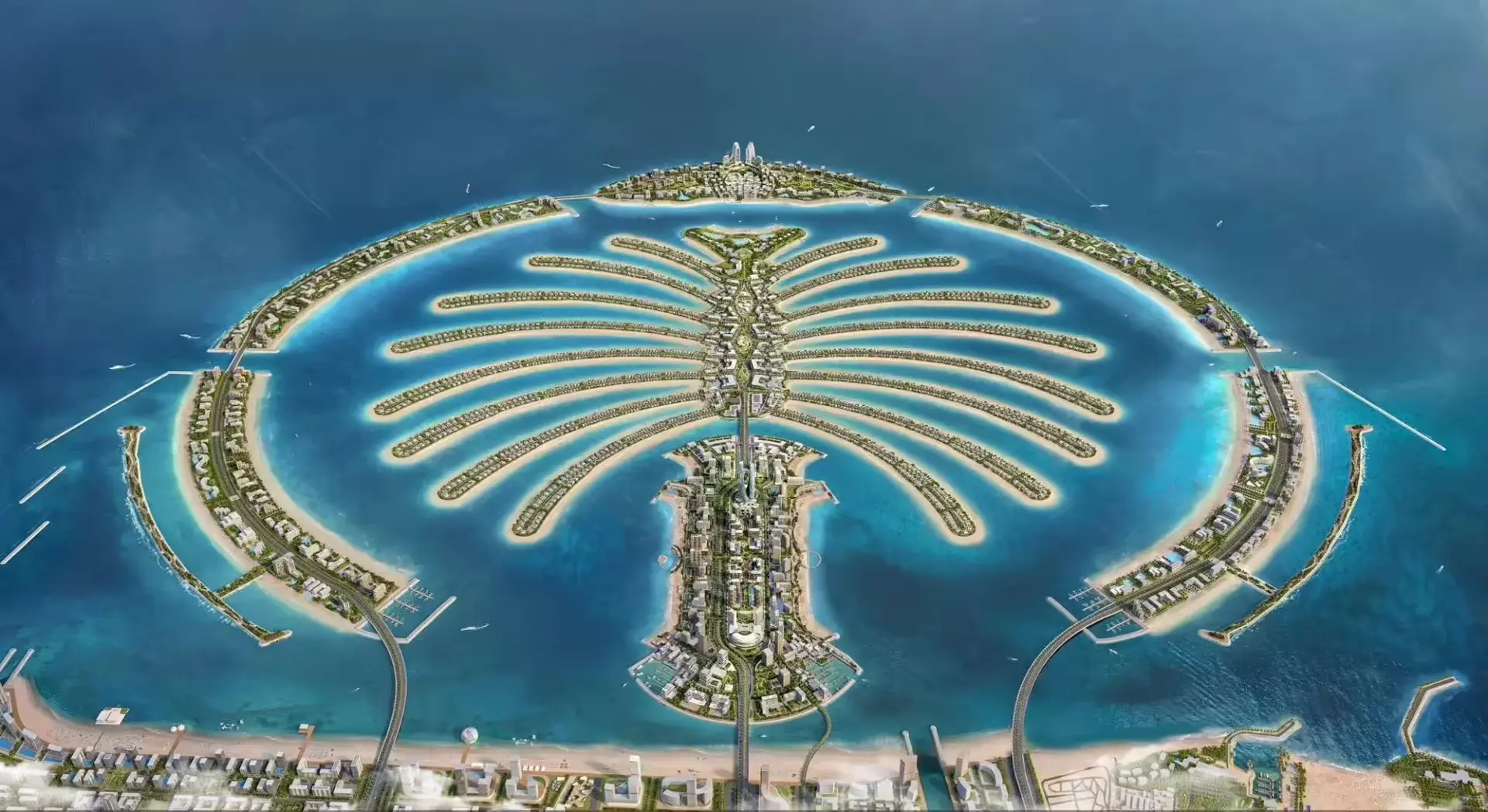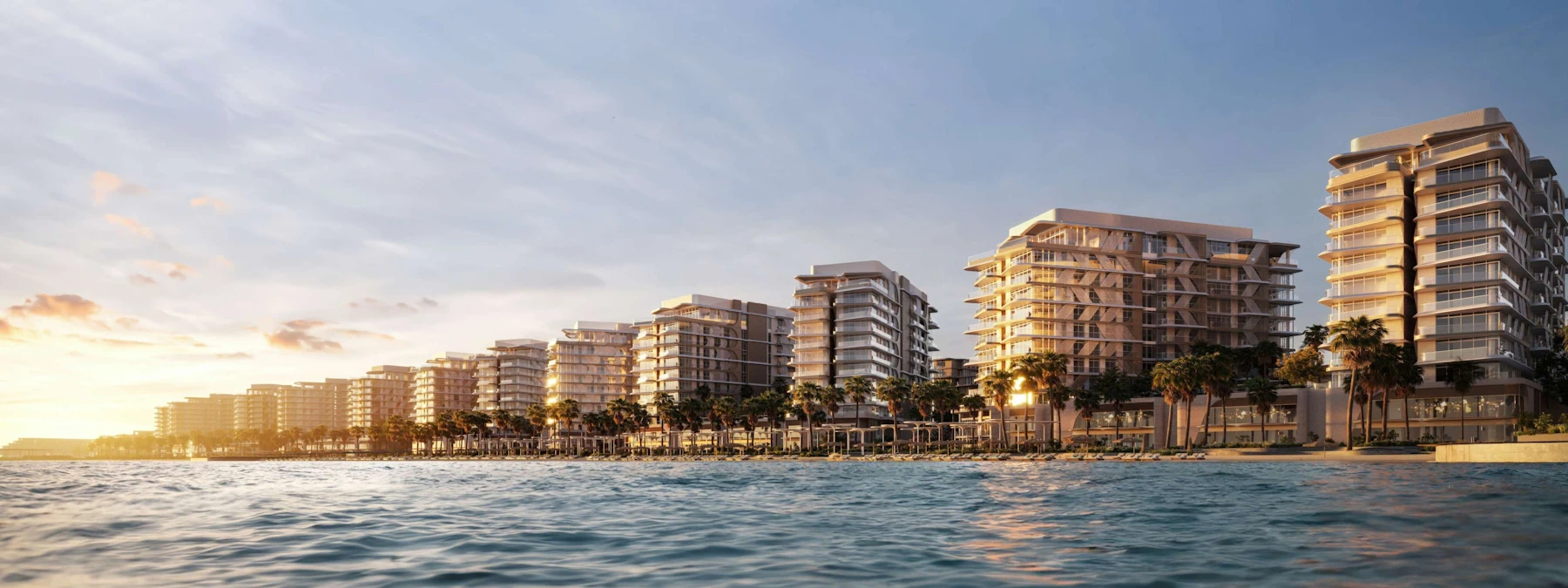As one of the world’s most dynamic real estate markets, Dubai offers a strong foundation for property management investment, driven by consistent rental demand, capital appreciation, and investor-friendly regulations. Whether managing a single apartment or an entire portfolio of commercial and residential properties, property management has become a critical part of Dubai’s real estate ecosystem.
Why Property Management Matters in Dubai
Dubai’s rapid urban expansion, world-class infrastructure, and growing population make it a prime destination for real estate investors seeking passive income. Property management plays a vital role in preserving asset value, ensuring tenant satisfaction, and maximizing returns.
Professional property managers in Dubai take on a wide range of responsibilities, including:
- Marketing and leasing properties
- Tenant screening and onboarding
- Rent collection and arrears management
- Handling maintenance and repairs
- Managing lease renewals and regulatory compliance
- Overseeing accounting, legal obligations, and property performance
Some firms also provide value-added services, such as legal consulting, property insurance, facility management, and regular inspections—ensuring owners have peace of mind while maximizing profitability.
What’s the Average ROI for Property Investments in Dubai?
Return on Investment (ROI) varies depending on the location, property type, and management efficiency. Here’s a general snapshot based on recent market trends:
| Property Type | Average ROI Range |
|---|---|
| Apartments | 5.1% to 8.3% |
| Villas | 3.9% to 6.3% |
These figures reflect performance as of 2024, according to Property Finder. While villa ROI is typically lower due to higher maintenance and service charges, apartments—especially in high-demand areas like JVC, Dubai Marina, and Business Bay—tend to offer stronger rental yields.
Effective property management can significantly influence ROI by minimizing vacancy periods, retaining high-quality tenants, and maintaining the property’s condition.
How to Make Money Through Property Management in Dubai
Investing in real estate with the goal of income generation through property management is a proven strategy in Dubai. Here’s a step-by-step breakdown:
1. Set Clear Investment Objectives
Define whether your priority is passive income, long-term capital growth, or portfolio diversification. This will guide your property type and location choice.
2. Research the Market
Identify neighborhoods with high rental demand, upcoming infrastructure (like metro lines or shopping malls), and strong appreciation potential. Communities like Dubai Hills, Downtown Dubai, and Arjan offer good prospects.
3. Establish Your Budget
Factor in not only the purchase price but also:
- Property registration fees
- Management fees (typically 5–10% of annual rent)
- Service charges and maintenance reserves
- Legal and due diligence costs
4. Select the Right Property
Choose a property that aligns with your goals—such as a furnished apartment for short-term rentals or a commercial unit in a busy district for long-term income.
5. Partner with a Licensed Property Manager
Hiring a professional property management company ensures:
- Regular income collection
- Legal compliance
- Responsive tenant relations
- Maintenance and inspections
6. Track Performance
Review financial reports, monitor rental trends, and assess whether your investment is delivering on its ROI goals. Adjust strategies as needed to maximize performance.
Legal Considerations for Property Management in Dubai
The property management industry in Dubai operates under a regulated framework enforced by authorities like the Dubai Land Department (DLD) and Real Estate Regulatory Agency (RERA). Key legal considerations include:
Licensing & Registration
All property management firms must be licensed by RERA and registered with the DLD. Likewise, landlords are required to register their properties in official systems like Ejari.
Tenancy Contracts
Rental agreements must comply with Dubai Tenancy Law and be registered through Ejari. Contracts must outline:
- Rent amount
- Lease term
- Rights and obligations of both parties
Rent Cap Regulations
Rent increases are regulated by DLD’s Rental Index Calculator, which ensures fair increases based on current market averages in the area.
Security Deposits
Landlords may collect a deposit (typically capped at 5% of annual rent for unfurnished units), which must be refunded at the end of the lease unless damages apply.
Eviction & Dispute Resolution
Evictions must follow legal protocols. Landlords are required to give notice and can only evict under specific circumstances—such as non-payment, property misuse, or redevelopment.
Maintenance Responsibility
Property owners must ensure their units are habitable, safe, and in good condition. Neglecting repairs can lead to legal claims or fines.
Working with a qualified property management firm ensures compliance with these legal obligations, reducing risk while improving efficiency.
Final Thoughts
Property management in Dubai is more than just collecting rent—it’s about strategic asset preservation, tenant satisfaction, and long-term income generation. With Dubai’s real estate market continuing to attract global investors and high-net-worth individuals (HNWI), well-managed properties offer strong returns and future-proofed value.
Whether you’re a first-time investor or an institutional owner, partnering with an experienced property management team can make all the difference.
Need expert guidance on real estate investment or professional property management in Dubai?
Reach out to Realty Homist for customized solutions, transparent services, and end-to-end support.







